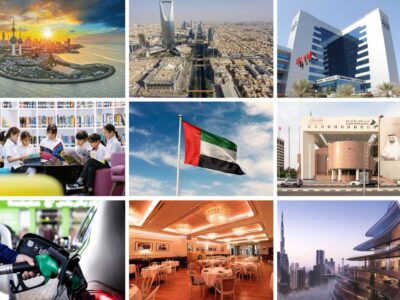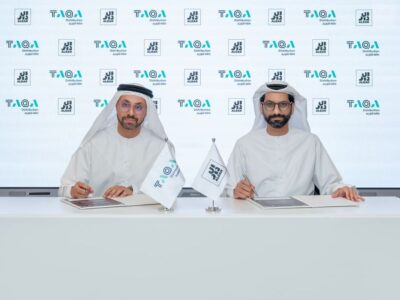Dubai-based developer Kleindienst Group’s announcement that investors in its Heart of Europe project on The World will be eligible for Moldovan citizenship has come under fire from critics, who say the programme is a “backdoor” into the European Union and creates misunderstanding of citizenship-by-investment programmes.
As part of the offer, investors who invest AED 5 million ($1.36 million) into the project are eligible to apply for the Moldovan Citizenship by Investment Program (MCBI), which is subject to a multi-stage due diligence procedure.
Moldova’s passport would allow visa-free travel in the Schengen zone and 121 countries around the world, including within the EU.
“As facilitators, we are working very closely with the accredited agent approved by the Moldovan government on the ground here in the UAE to ensure the full measures and application processes are followed,” the firm’s founder and chairman, Josef Kleindienst, said in a statement earlier this week.
Kleindienst added that “we strongly believe that an opportunity of the sort stands to benefit both the country of Moldova by adding some of the elite members of this region to their national portfolio, as well as our investors who not only gain global access, but also secure investment opportunity that comes with 100 percent returns.”
The programme, however, has been criticised by some who view the programme as a security risk.
“Beyond the obvious ethical concerns, this poses a serious security risk to both Moldova and the entire Schengen area to which it has visa-free access,” Naomi Hirst, a researcher at anti-corruption group Global Witness, was quoted as saying in the Daily Mail. “We look forward to an end to the super-rich buying citizenship and access to Europe.”
Additionally, a European Commission spokesperson told the United Kingdom’s Times newspaper that “the commission is closely monitoring the impact of the scheme launched in November [Moldova’s] as it could pose migratory and security risks.”
Sam Bayat, the owner of Dubai-based Bayat Legal Services, which helps applicants apply for citizenship and residency by investment programmes – including Moldova’s – said that although he believes Kleindienst has a “right” to conduct such a programme, he disagrees with it.
“You could do something and [get] an iPhone, or maybe a car, but citizenship? It shouldn’t be exchanged as a price,” he said.
In its original announcement on May 30, Kleindienst said that that investors would “automatically” qualify for a “free” Moldovan citizenship. Bayat said the statement’s phrasing could have caused confusion.
“It’s not up to them to say who qualifies. It’s up to the government,” he explained. “They could have said that they’d pay the [fees]…they should have mentioned the government of Moldova has the final say.”
A subsequent statement by Kleindienst, however, clarified that that firm’s offer only makes one “eligible” for the programme, with the final decision going to the MCBI.
Nevertheless, Bayat added that “these sort of advertisements and messages bring unnecessary attention” at a time when there are “strong voices” in the European Parliament against citizenship-by-investment programmes.
A German member of the European Parliament (MEP), Sven Giegold, was recently quoted as saying that the “selling” of passports was an “unacceptable security risk”.
“We need to endorse EU-wide minimum standards and ensure that all member states comply with them. Visas and naturalisation in Europe should depend on integration and residence, not on one’s wallet,” he said.
The MCBI did not immediately comment on the programme when contacted by Arabian Business.
In April, Kleindienst announced a record sales quarter of over AED 345 million ($93.9 million), representing a 69 percent increase compared to Q1 2018.








